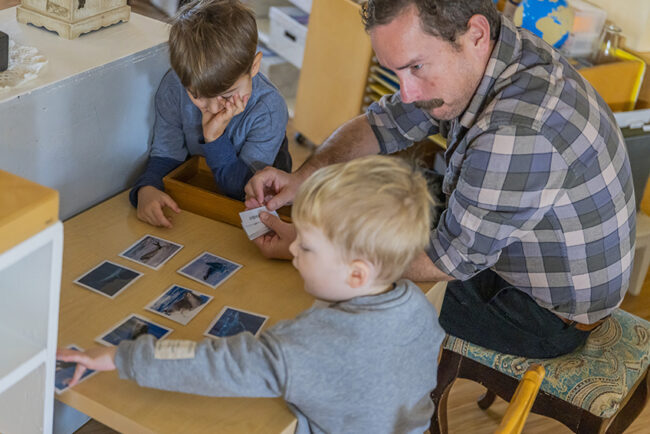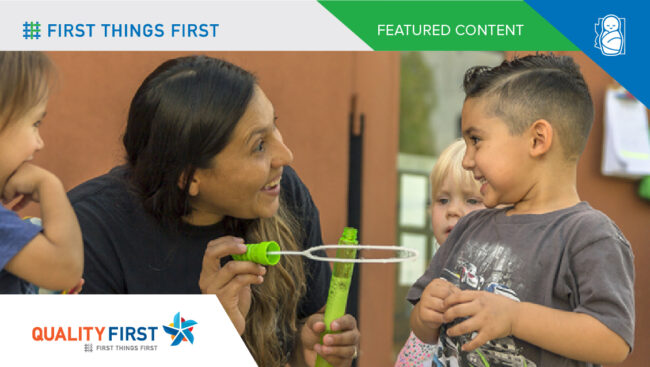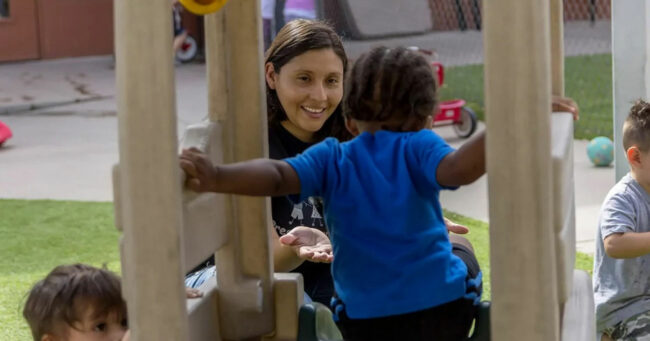Here’s the truth—preschool isn’t mandatory, but it can make a big difference in helping your child get ready for kindergarten and beyond. From learning to take turns and follow routines to exploring letters, sounds and stories, early learning helps build the foundation for success in school and life.
We like to think of it as the start of your child’s learning journey—from crib to classroom and all the amazing steps in between.

Does My Toddler Need Preschool
The first five years of life are when the brain grows fastest. Quality early learning—whether at preschool, in child care or with a family caregiver—gives your toddler a safe, fun place to grow socially, emotionally and academically. And the best part? It can look different for every family.
It’s not just ABCs and 123s. It’s:
- Learning how to play with other kids
- Practicing routines and independence
- Building vocabulary through stories and songs
- Gaining confidence for kindergarten
What Are My Options
- Center- or Home-Based Care
Licensed facilities that care for infants, toddlers and preschoolers. Many offer structured learning and follow a daily routine that helps children build school-readiness skills. Licensed in-home providers who care for small groups of children in a home setting. - Preschool or Pre-K Programs
These focus more on early education for children ages 3–5. Some are part of public schools, while others are privately run or offered through community programs, like Head Start. - Family, Friend & Neighbor (FFN) Care
Child care provided by someone you know—like a grandparent, aunt or trusted neighbor. FFN care may not be licensed, but it can be a great option for families who need more flexible or affordable support. Some FFN caregivers can participate in training and support programs to boost the care they provide.
- Staying Home with a Parent or Caregiver
If your child is not in a formal child care setting, you can still support their development at home. Simple, everyday moments like reading, playing and talking with your child build important skills. Visit our Family Resource Centers for free classes and resources to support you.
Why We Say Child Care, Not Daycare
You may hear both terms—daycare and child care—used to describe where young children spend their time when they are away from their parents. However, early educators prefer child care.
Child care is about more than just watching kids during the day. It’s about caring for the whole child—mind, body and heart. Early childhood providers are trained professionals who do so much more than babysit.



